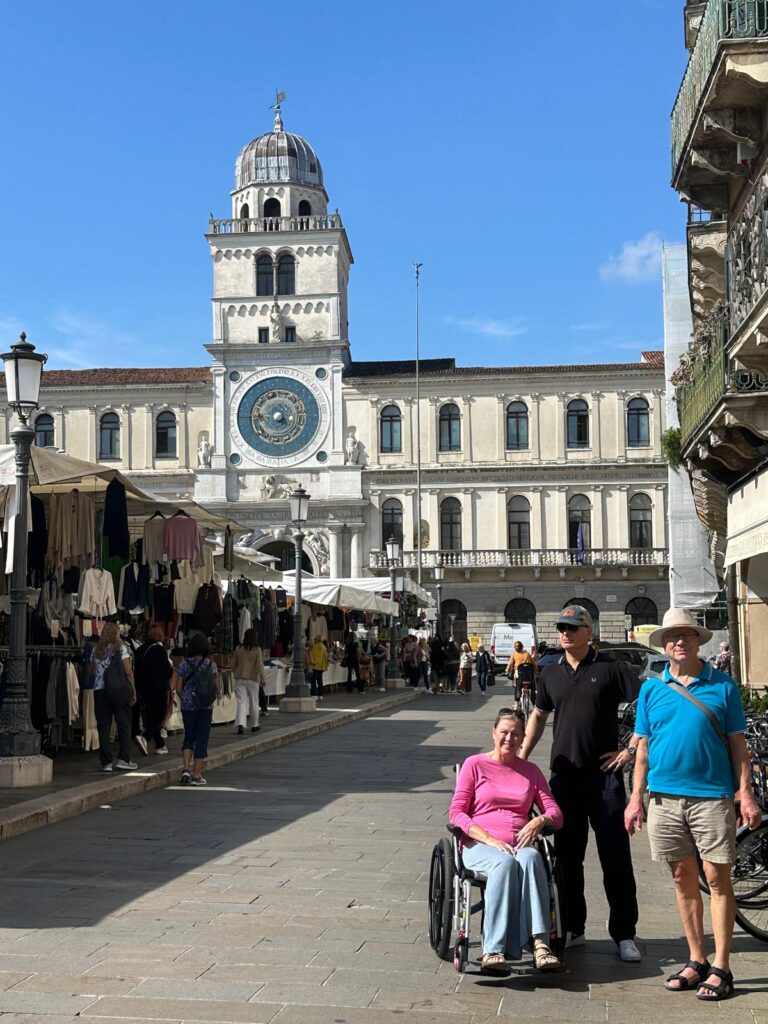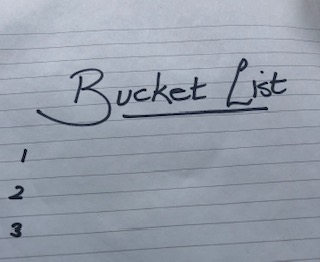These last few weeks, my husband and I have been enjoying the Netflix production Kaos. With a star studded cast, lush settings and a fantastical storyline, it is the perfect way to wind down before bedtime.
Its premise is that the prophecy relating to Zeus predicts his downfall and he is trying to do everything to avoid it. I’m curious to see how it ends. Greek prophecies are seldom proved wrong, though they may be proved right in unexpected ways.
All of which has made me think of our own attempts to predict or harness the future. Despite our rational age, folks still flock to read their horoscopes, have their cards interpreted and their futures foretold.

At a recent craft club, someone asked, ‘What would you do if you knew the date of your death? Would you want to know?’ In answer to the first part: probably cry. In answer to the second: definitely not!
Do you really want to know?
Because knowing brings its own raft of problems. Do we then act upon them by fulfilling all our bucket list or do we despair? And can we ever be sure that the prediction is correct in the first place?
In a moment when I thought I ought to be prepared for my future, I looked up when I could reasonably expect to be wheelchair bound. The answer was hard to find, but I eventually unearthed an Oxford study that gave honest answers. It suggested that between 61 and 66 years of age, 95% of all those diagnosed with MS could expect to be wheelchair bound. I’m 60.

My first reaction was that I would be in the remaining lucky 5% – but I know that is just wishful thinking. My OMS life-style has kept me steady for far longer that I expected, but I suspect there are limits.
The question now is should I act upon that knowledge? Should I move again or book the builders to convert our house? Living with a wheelchair is far more complicated that it seems.
Knowing what I can expect in the next decade in relation to my condition has complicated rather than simplified things. The world is not geared to accommodate the disabled – anyone who has taken a child shopping in a pushchair realises that – but at least I am blessed with living in one of the most disabled-friendly countries on earth.
Fear versus hope
On one level, I am terrified. How will I cope with being utterly dependent on others? How will I live an even remotely normal life? But then, I remember the people I know who are also constrained and some far more so than me. Yet, they have made their lives beacons of kindness and consideration: one in her charity work and another becoming chair of the British Paralympics Committee. They have focused on their abilities rather than their physical challenges.
And although I have a fair idea of my future in medical terms, I have no idea how I will fare under the new circumstances. I would hardly say that the last decade was what I had hoped for, yet it has been filled with all sorts of adventures and unexpected joys.

After all, a prophecy only suggests what will happen to us, not how we will react. And the latter is the key to it all. We can rage against the gods who treat us ‘as flies to wanton boys’, or take whatever life brings and spin it into gold. The only prophecy that no-one can question is that life is finite. With that being the case, I suggest that we squeeze every ounce of juice out of it while we can and let the future bring what it may.
